Mary Hepburn has a way of making people feel safe.
I experience this first hand when she guides me into a softly-lit, soundproof counselling room at Fife Rape and Sexual Assault Centre (FRASAC) in Kirkcaldy.
There are tissues on the arm of the couch, neatly waiting for anyone who might need them, and a broken clock on the wall which makes the cosy room feel like a space outside of time.
And there is Mary. Kind faced and gentle-voiced, she is one of those women who seems like everyone’s auntie.
I’m here to interview her, but before I know it, she’s got me talking.
So I can see immediately why the counsellor has just been named Volunteer of the Year at the Scottish Charity Awards 2024 – but she is less convinced.
“I don’t believe I do any more than anybody else here – I’m not just being modest,” insists Mary modestly.
“But I asked them: ‘Why me?’ and they said it was because of my commitment.”
Indeed, 68-year-old Mary has long paid her dues to her hometown of Kirkcaldy.
She became a counsellor more than 30 years ago after seeking to brush up on her skills when teaching students with additional support needs at Fife College.
After enrolling in a basic counselling skills course, she was “hooked”.
“That was me,” she says. “I became very passionate very quickly. I did my diploma within a year, which is quite unusual, because I was so determined to get qualified and get working in the field.”
‘I’m not just going to be sitting watching daytime TV’ says retired lecturer Mary
After a successful career both in the field and as a lecturer in counselling for more than 20 years, Mary retired in 2022.
But she had no intention of letting her well of knowledge and experience go untapped during her golden years.
“When it came time to retire, I thought: ‘I’m not going to be just sitting watching daytime TV – I need to give something back’,” she explains.
“I’ve got all this knowledge in my head, and what am I doing with it? Not nothing!”
So the same year, Mary applied to volunteer at FRASAC, where she works one-on-one with clients to provide up to 24 weeks of support at a time.
“Not everyone needs 24 weeks, but it’s there,” she says. “And they can also apply to come back on the list if they feel there are issues they’d still like to work on.
“Sadly, because of the demand in Fife, we do still have a waiting list,” she observes. “But we have advocacy workers, crisis support and we do prevention work as well, going out to schools and things.
“It’s an organisation that’s really there for people.”
Some survivor stories ‘difficult to hear’
As a “very emotional” person, Mary admits it can be “difficult” at times to hear the stories of what has happened to her clients.
“Some stories are very hard to hear,” she says. “Because it’s not just the rape or the sexual assault they talk about.
“It’s possibly neglect, childhood sexual abuse, violence, all kinds of things.”
However, she says the role is overall “extremely rewarding” as she loves watching her clients grow in confidence and self-esteem over their sessions.
“I remember one case,” she says. “The person had come to us but we hadn’t been able to follow up. Sometimes people come to us but it’s not the right time, there’s still too much distress.
“So it was my second time meeting this client and we ended up working together for 20 weeks. Over that time, they just blossomed.
“They had been neglected by their parents. They had never really been shown love by anyone,” she continues. “But one of the conditions of counselling is to show non-conditional positive regard. There’s no judgement.
“That was completely new to this client, and it changed everything.”
Best advice from counsellor Mary? Listen
Despite undergoing heart surgery last year after taking ill on holiday, Mary is determined to continue volunteering for as long as she can.
And her advice for anyone who is chosen as a confidante by a survivor of sexual assault is very simple: Listen.
“Listen carefully,” she says. “Realise that the person trusts you and never betray that trust. Direct them to us, of course.
“But if they just want to speak to you and no one else, the big thing is listen and try not to judge.
“People find it so easy to judge: ‘What were you wearing? Why did you go down that road?’ Things like that. They don’t mean to be nasty – they’re usually just afraid.
“A woman should be able to go about her life without worrying about what she’s wearing, where she goes or what time it is.”
If you or someone you know has been the victim of rape or sexual assault and is in need of support, NHS Inform has a list of organisation which can help.
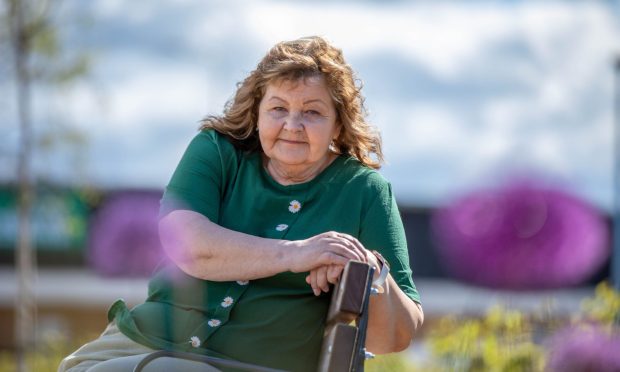
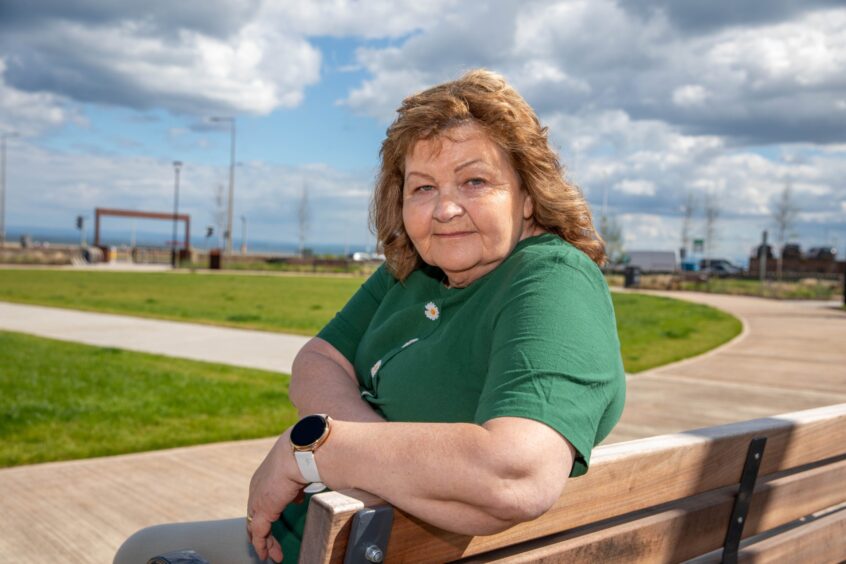
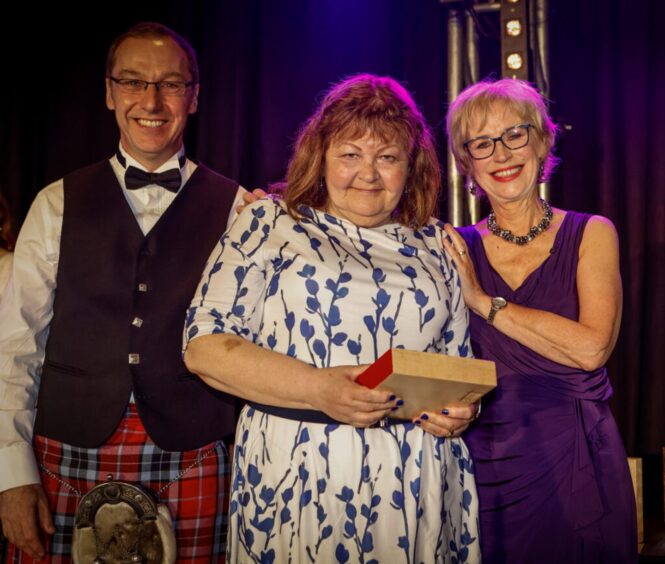
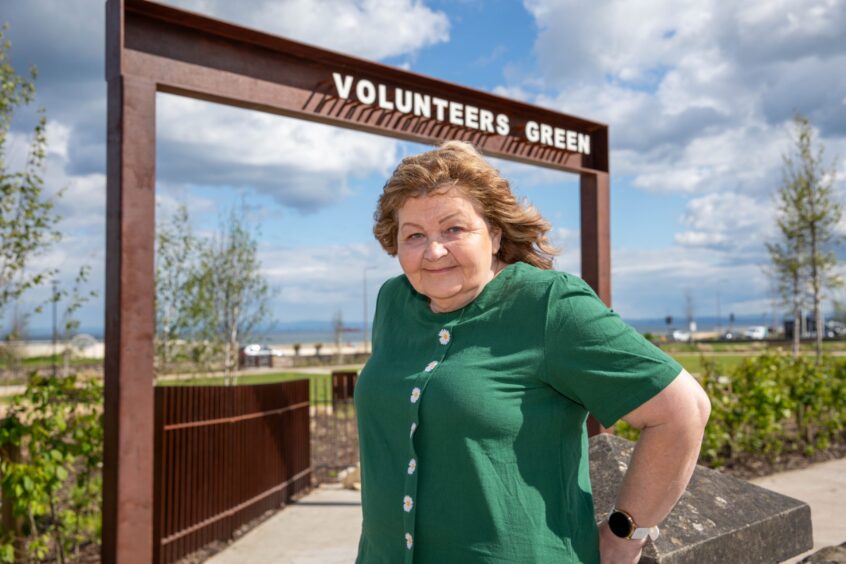
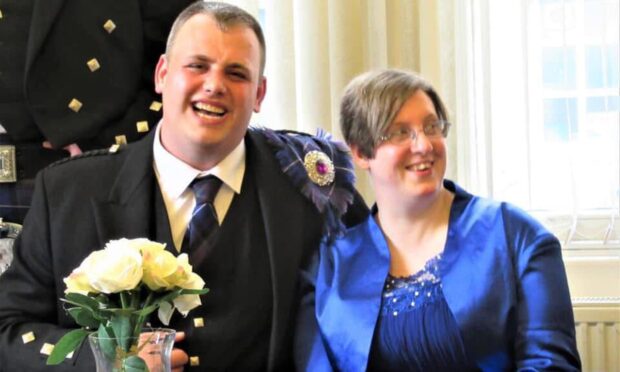
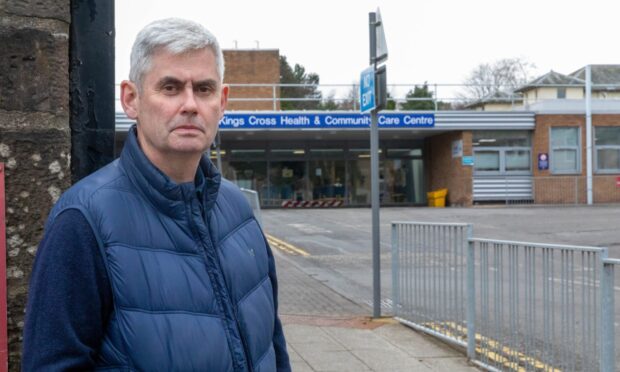
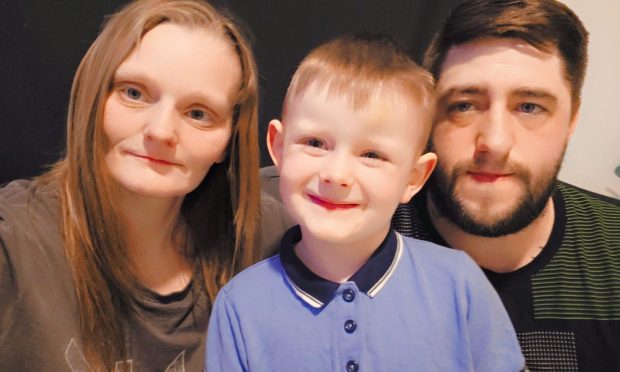
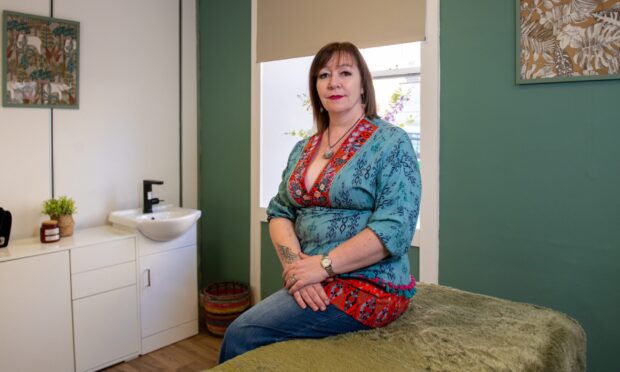
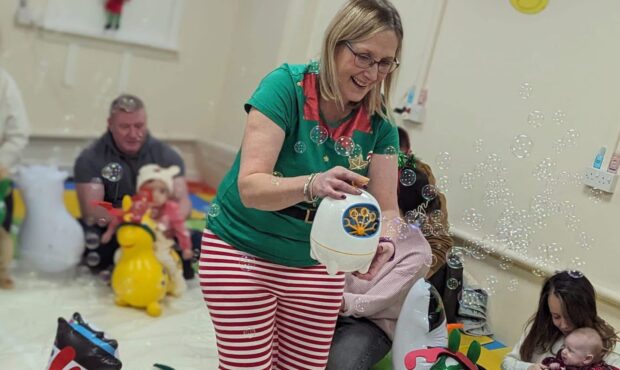
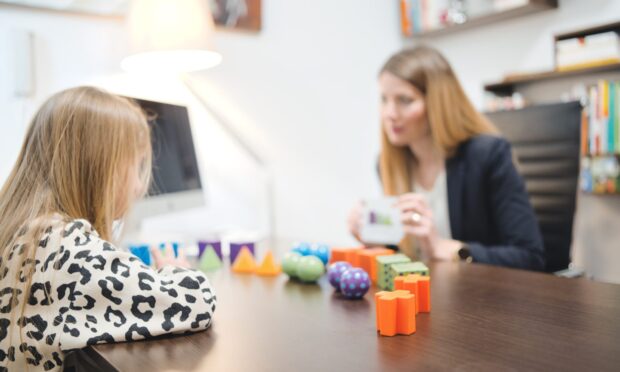
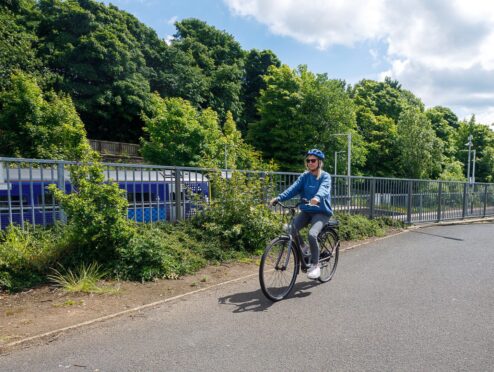
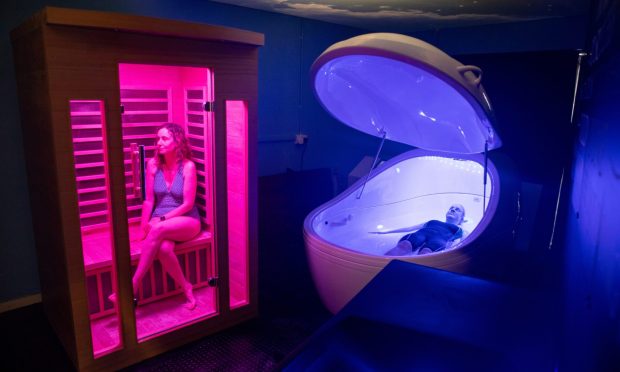

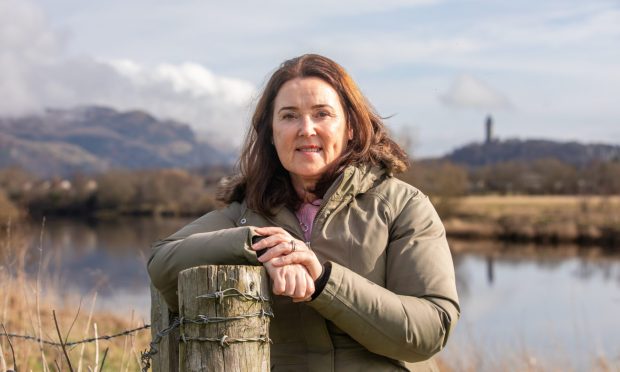
Conversation